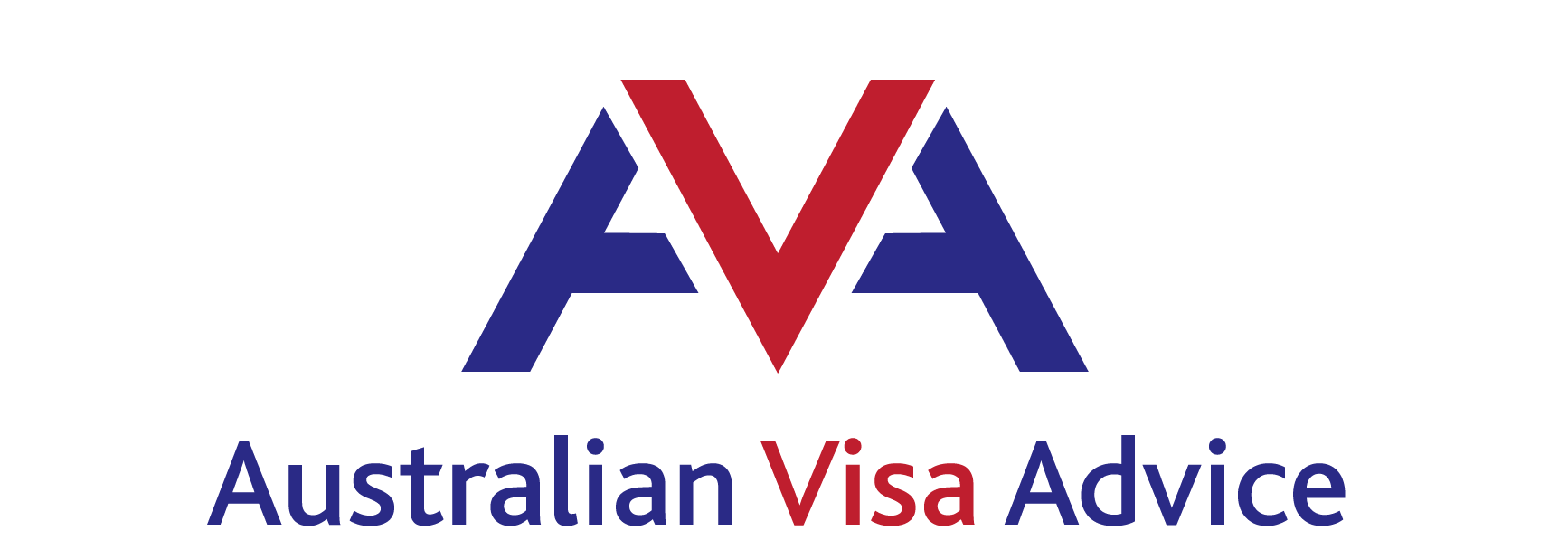Moving to a new country is an exciting yet challenging journey. For immigrants planning to settle in Australia, setting up a bank account before you arrive is a smart step toward financial readiness. Here’s a comprehensive guide to help you open a bank account in Australia from abroad.
Why Open a Bank Account Before Moving?
Opening a bank account before arriving in Australia has several benefits:
- Convenience: You can transfer money to your Australian account ahead of time, ensuring easy access to funds upon arrival.
- Simplified Settlement: Having a local account streamlines payments for rent, utilities, and other expenses.
- Savings on Currency Exchange Fees: Sending money to an Australian account can often be more cost-effective than carrying cash.
Steps to Open a Bank Account in Australia from Overseas
1. Choose the Right Bank
Australia has a robust banking system with several reputable banks offering accounts for non-residents. Major banks include:
Commonwealth Bank
ANZ (Australia and New Zealand Banking Group)
Westpac
NAB (National Australia Bank)
Research their services, international accessibility, and account fees to determine the best fit for your needs.
2. Select the Right Account Type
Most banks offer accounts specifically designed for newcomers. These accounts usually have features such as:
- No monthly fees for the first year
- International money transfer capabilities
- Easy activation upon arrival
Look for an account that suits your spending, saving, or business needs.
3. Prepare the Necessary Documents
To open an Australian bank account, you will typically need:
- Valid Passport: Your primary identification document.
- Visa Details: Proof of your visa or immigration status.
- Overseas Address: Your current residential address.
- Australian Address (if available): Some banks may ask for this, but it’s not always mandatory before arrival.
Ensure all documents are up-to-date and scanned for submission online.
4. Apply Online
Most Australian banks allow you to open an account online up to 12 months before you move. The process typically involves:
- Filling out an online application form
- Uploading scanned documents
- Providing your intended arrival date
Once your application is processed, the bank will send you confirmation and account details.
5. Activate Your Account
While your account may be set up, it often requires activation upon your arrival in Australia. To do this:
- Visit a branch with your identification documents.
- Complete any additional verification steps.
- Collect your debit card.
Tips for Managing Your Australian Bank Account
- Understand Fees: Familiarise yourself with fees for account maintenance, ATM withdrawals, and international transfers.
- Set Up Online Banking: This enables you to manage your account, pay bills, and transfer money with ease.
- Monitor Exchange Rates: When transferring funds internationally, check exchange rates to get the best value for your money.
- Secure Your Details: Protect your account by using strong passwords and enabling two-factor authentication.
Common Questions About Opening an Australian Bank Account
Can I open a bank account without an Australian Tax File Number (TFN)?
Yes, you can open an account without a TFN, but providing one later will help you avoid additional taxes on your interest earnings.
How much money do I need to deposit to open an account?
Most banks do not require a minimum deposit for newcomers’ accounts. However, check with your chosen bank for specific terms.
Can I use my account immediately after opening it online?
You can transfer money into the account, but full functionality (e.g., accessing funds) usually requires in-person activation after arrival.
Opening a bank account in Australia before moving is a simple yet crucial step in ensuring a smooth transition to your new life. By selecting the right bank and account, preparing the required documents, and understanding the process, you’ll be financially prepared to hit the ground running.

